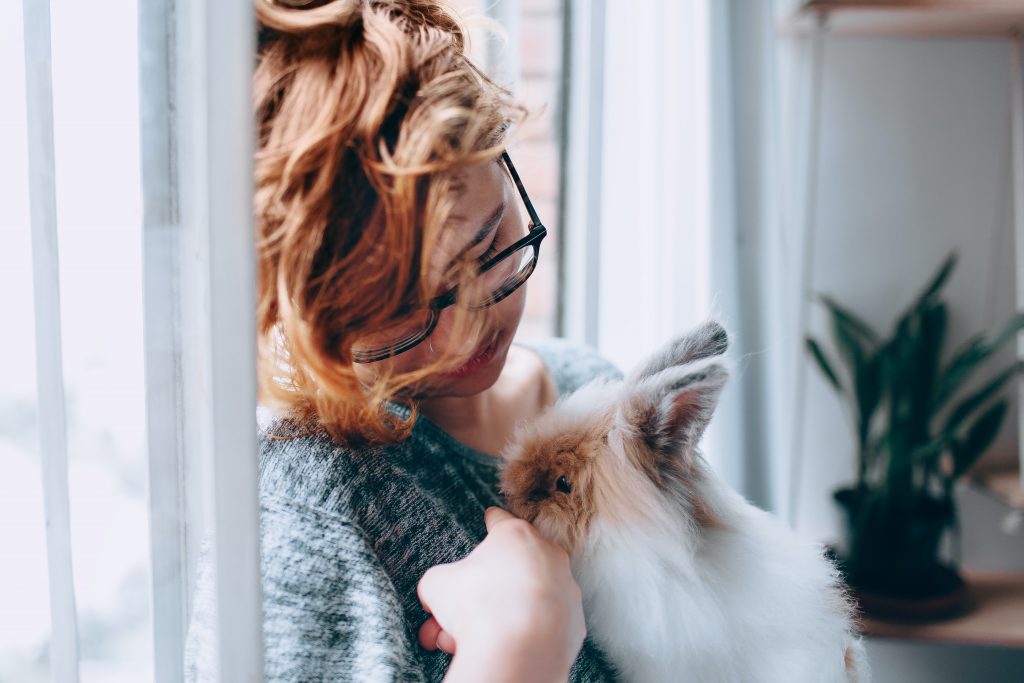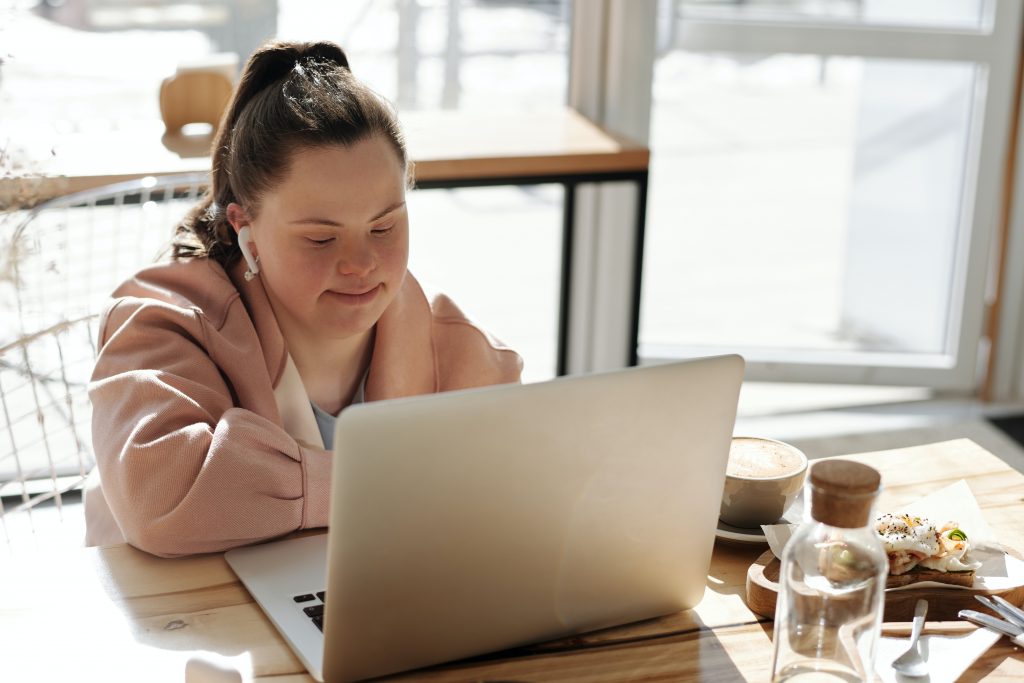Posted May 13th 2020
Mae cynnwys hwn ar gael yn Saesneg yn unig
Our phase 1 report has just been published highlighting the issues that our members and local self-advocacy groups have been experiencing during the lockdown period.
As the situation is still ongoing the information we are gathering is evolving too so a phase 2 report will follow in the coming months.
Conflicting information
Self-advocacy groups have told us that members are feeling anxious and confused about the situation.
There has been so much conflicting information that they don’t know what is “fake news”, what is guidance and what is compulsory.
They are frustrated as they can’t get out and socialise with friends and family which was a coping method for some people’s anxiety levels before this all began.

Most are adhering to the “stay at home” message even if they don’t fully understand why. Some people have moved back home to live with family members to receive – and in some cases give – support.
Those in supported accommodation are continuing to receive support however some difficulties have been reported with fraught relationships and even using the internet due to staff-only access rules.
Some people are also having to be shielded because somebody else in the accommodation has an underlying health condition, which has led to some confusion and ill-feeling amongst residents.
People in supported living are also frustrated that they can no longer see partners living elsewhere and couldn’t choose to lockdown together as people living independently could.

There have been some positives – there are instances of stronger relationships with others living with them as everybody works together to cook and clean for the group, lifting each other’s spirits and keeping motivated.
Additional issues people are facing
People with learning disabilities have told us of some other effects too.
When paying for goods, card has now become preferential to cash in many shops.
This has meant people having to use an unfamiliar system and a feeling of a loss in control of finances.
Having to queue before going into a supermarket and shopping individually is creating anxiety and most members don’t qualify for the priority shopping hours or online delivery slots.
Routine medical appointments have been cancelled and when people have had to seek medical attention they have been very anxious about catching the virus in hospital and surgery settings.
There is also a worry about coping with grief if a close friend, relative or acquaintance passes away from the virus.
Adapting to life in social-isolation
Like most organisations, self-advocacy group staff are working from home and all face-to-face meetings and events have been cancelled.
This has made it difficult to keep in touch with members and provide them with support.
All groups have turned to other methods of keeping in touch including phone and video calls via Facetime and Messenger, group events via Zoom and chat through WhatsApp.

Social media pages are being updated regularly with news and information from trusted sources, activity suggestions and tutorials, quizzes and puzzles. Some have also been posting out information and activity packs.
There’s been a big challenge for group staff to help those who were not digitally included before the lockdown.
Some have been able to source tablets and laptops for members from their own stock or local sources.
Easyread guides have been produced to help people get online and use the most popular apps and websites.
So what happens next?
That’s what we’re monitoring with groups and individuals at the moment.
- If the lockdown restrictions begin to ease or lift, how are people going to cope?
- Will they want to get back to life as it was as quickly as possible and put themselves at risk?
- Will they be too scared to go out again and what support will be available to manage their anxiety?
- If the lockdown continues, are people going to remain compliant or are they going to become more rebellious?
- Are relationships going to strengthen or become more fraught?
There’s no doubt about it that this is a testing time for everybody but has been particularly difficult for people with learning disabilities.
Everybody is having to learn new ways of working, communicating and living.
The journey is far from over and the effects of the situation are going to be long-lasting.
Read more
- Read the Phase 1 report from All Wales People First – The effect of the coronavirus pandemic on people with learning disabilities
Philippa is the new MIRROR Coordinator at All Wales People First.
She took up the post on 1 April just after the Coronavirus lockdown began and will be promoting the MIRROR Principles of Self-Advocacy across self-advocacy groups in Wales.
She will be helping Regional Councils to establish strong relationships with Regional Partnership Boards and evaluating how well the Social Services and Well Being (Wales) Act 2014 impacts on the lives of people with learning disabilities in Wales.
